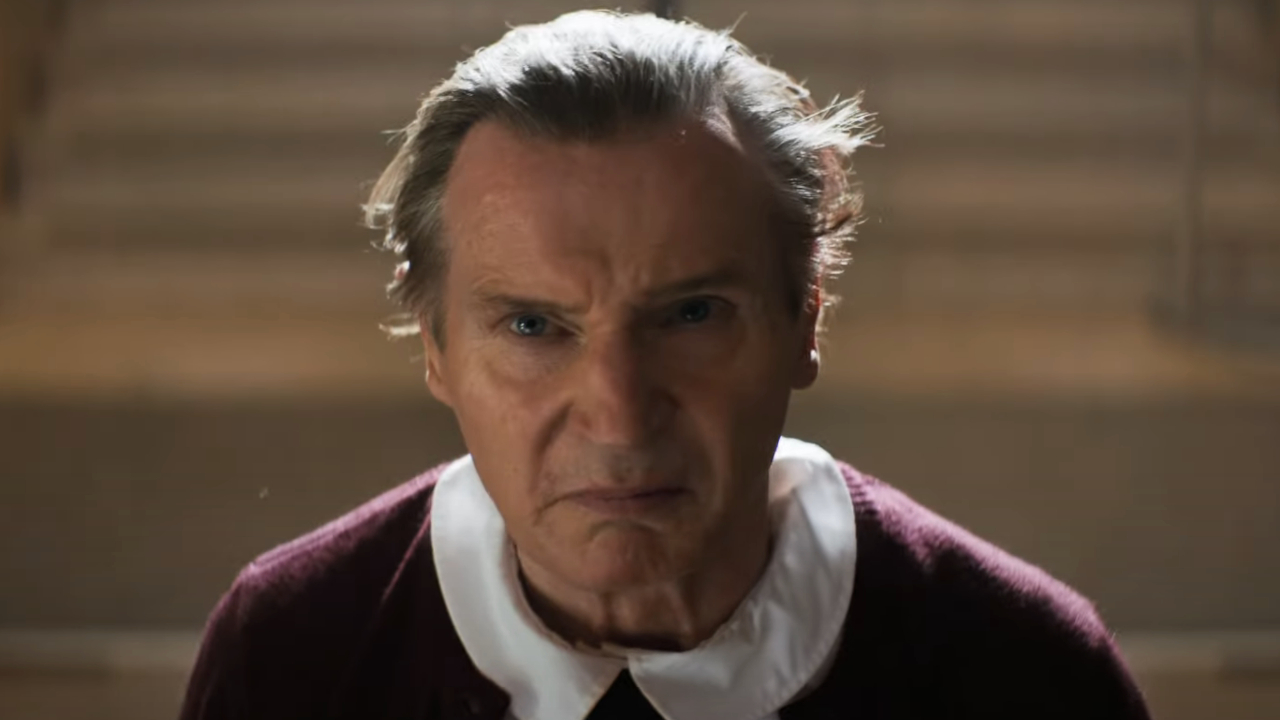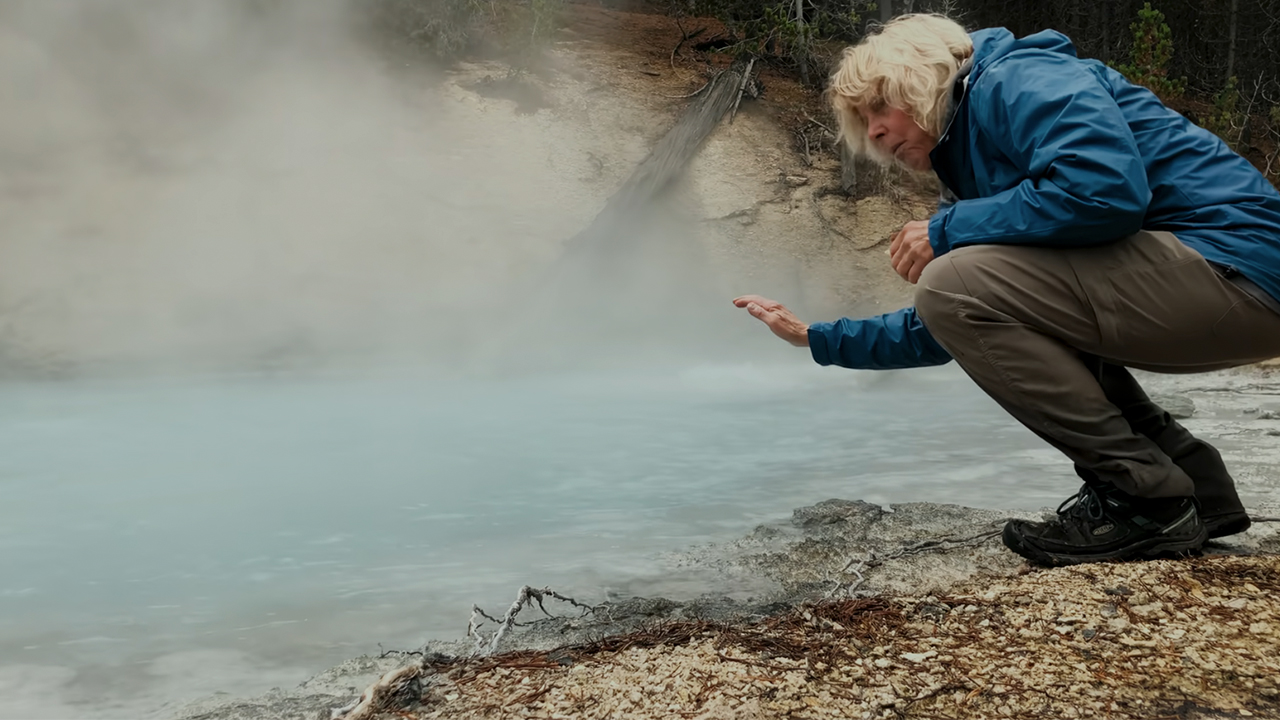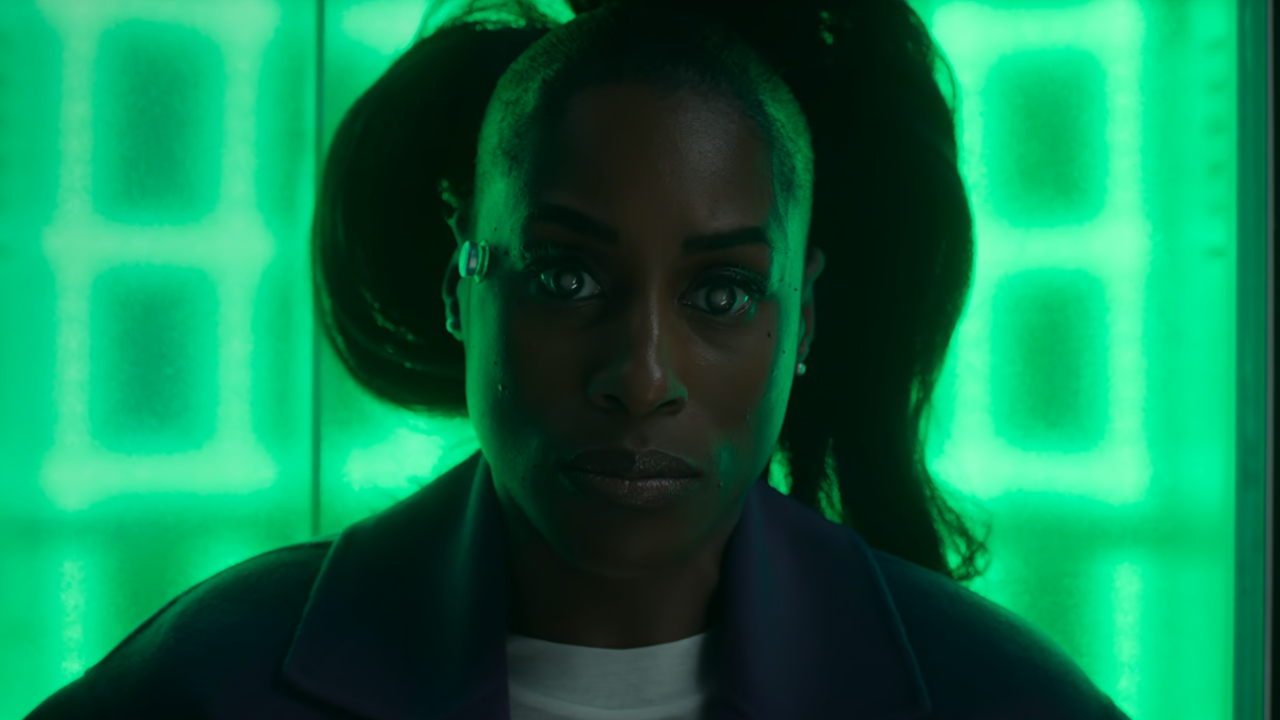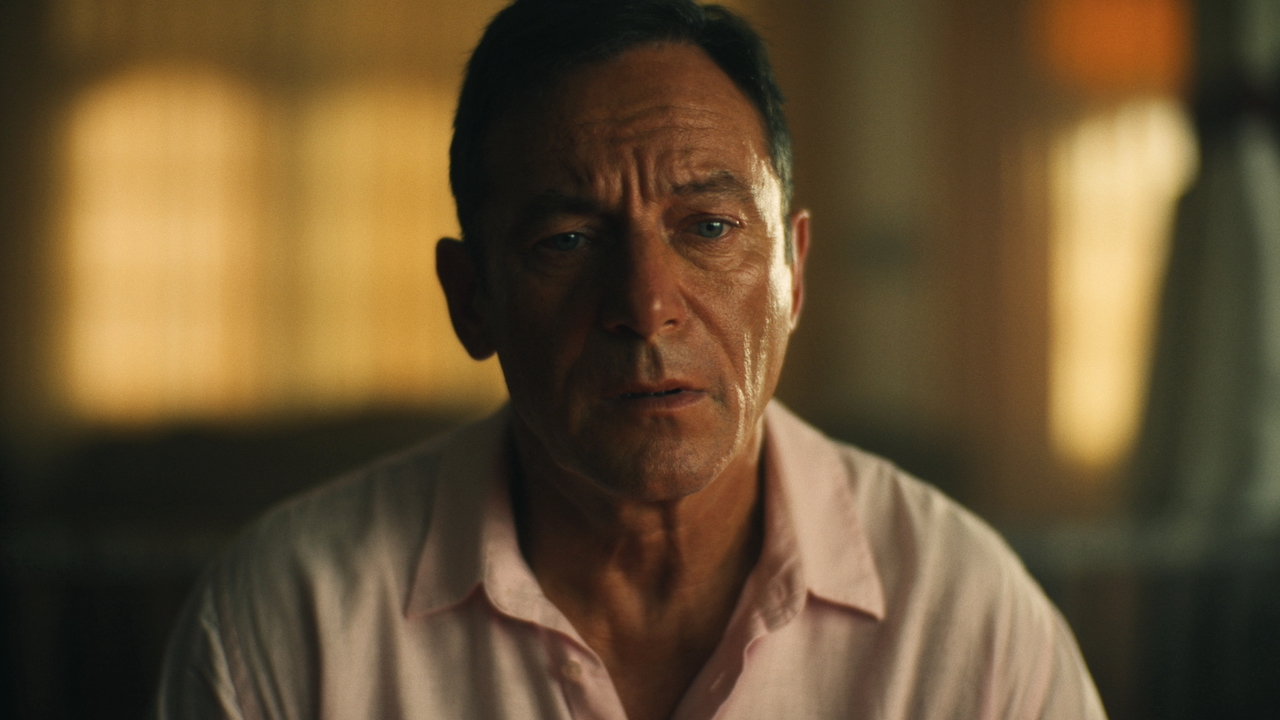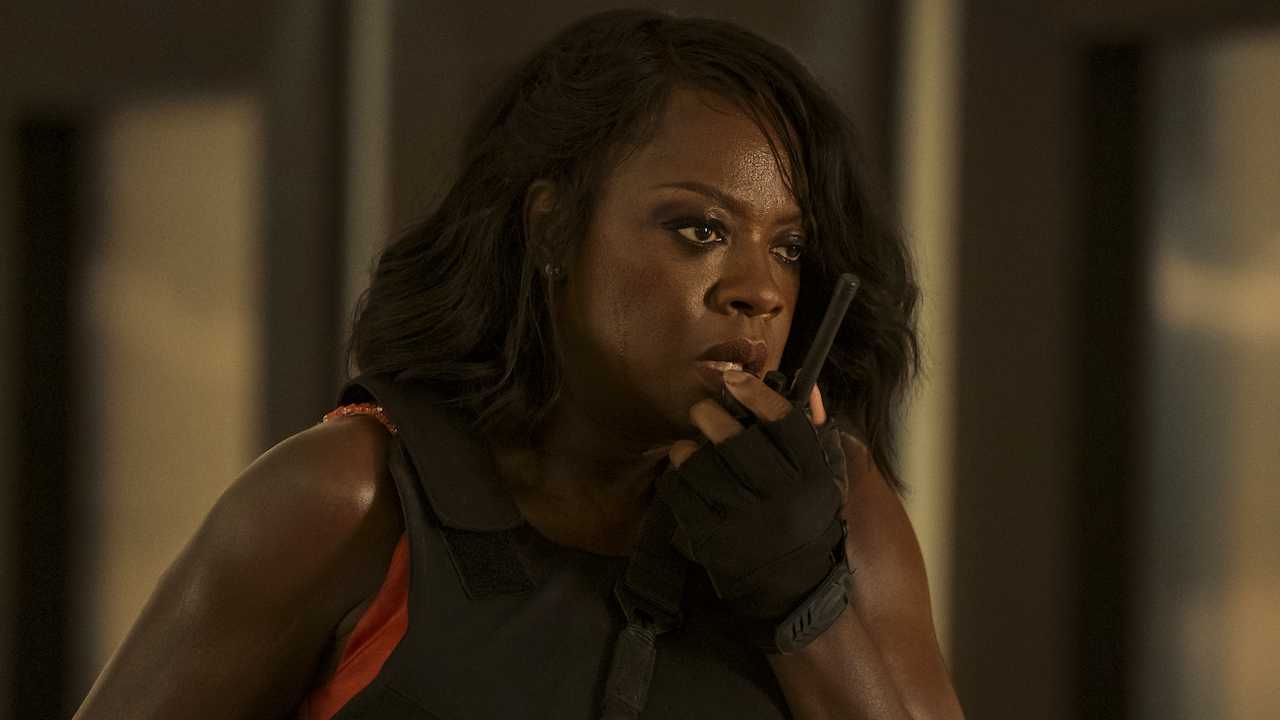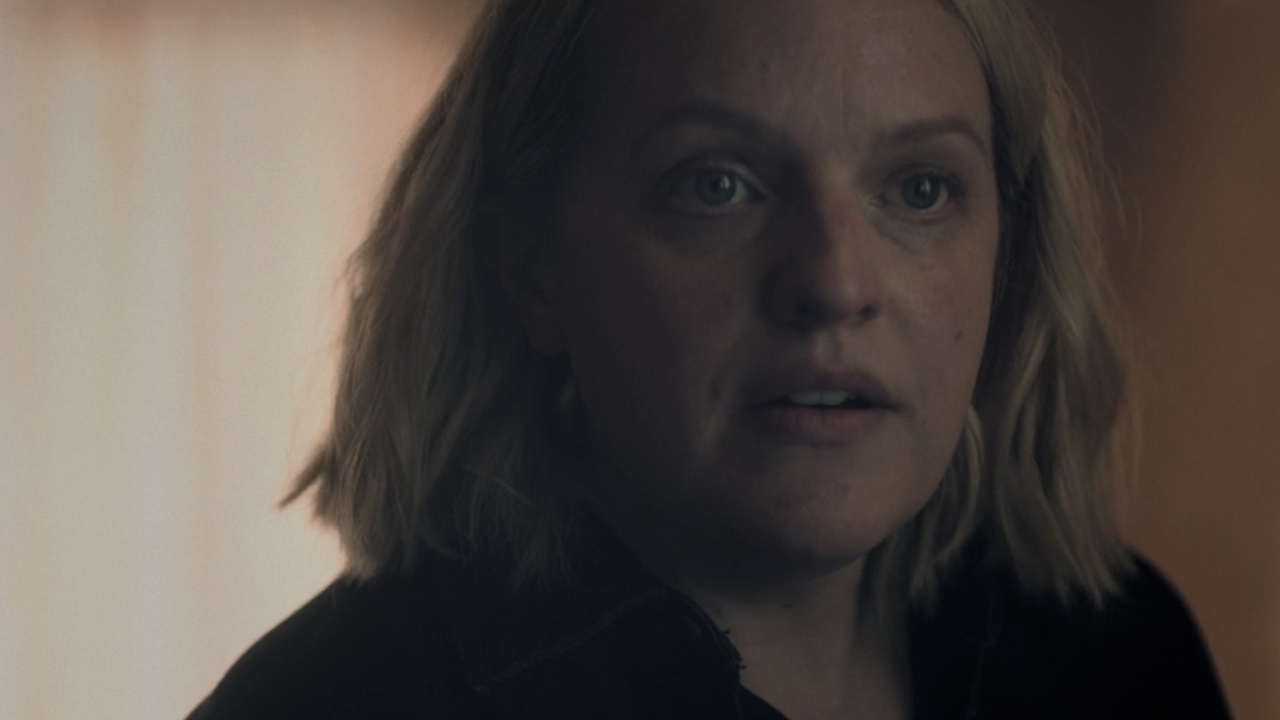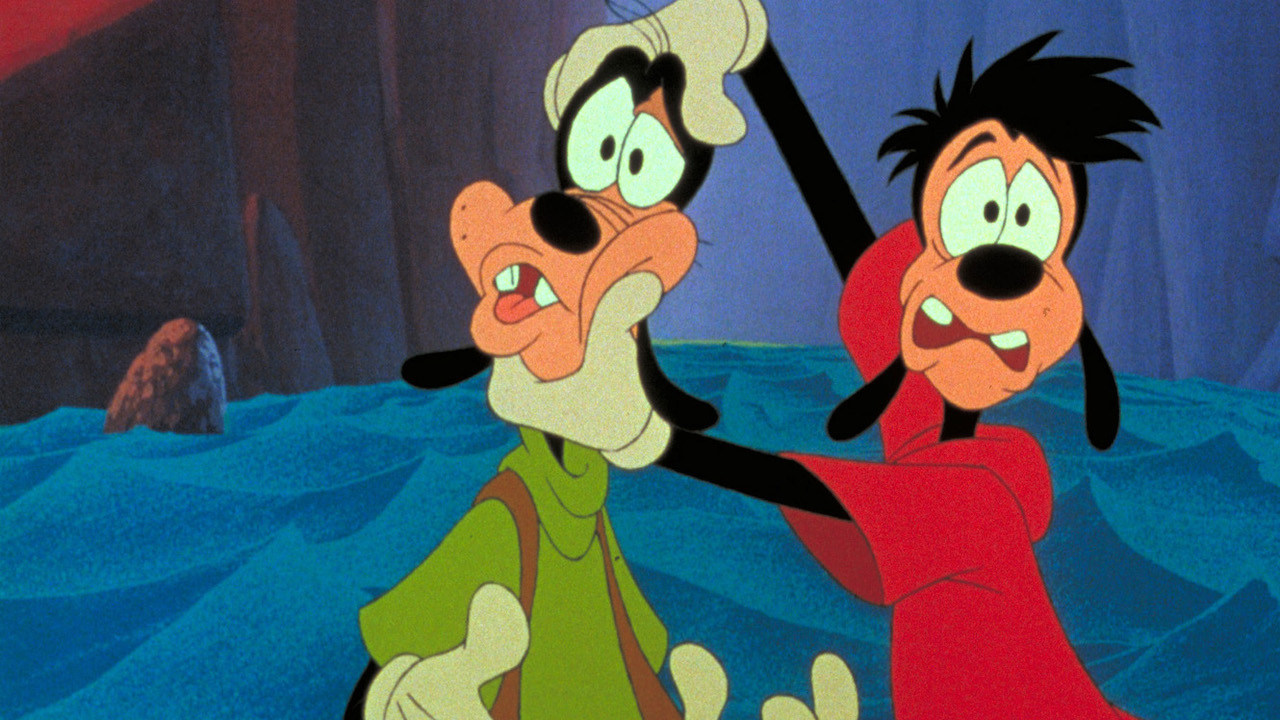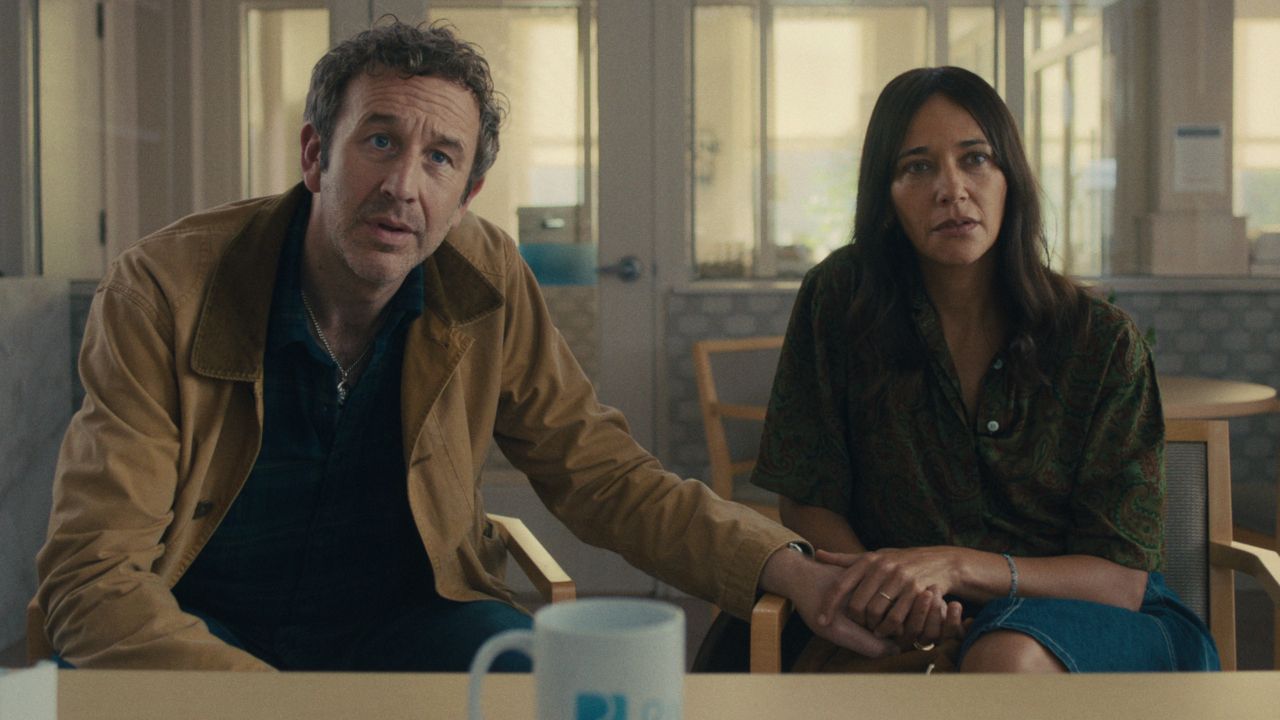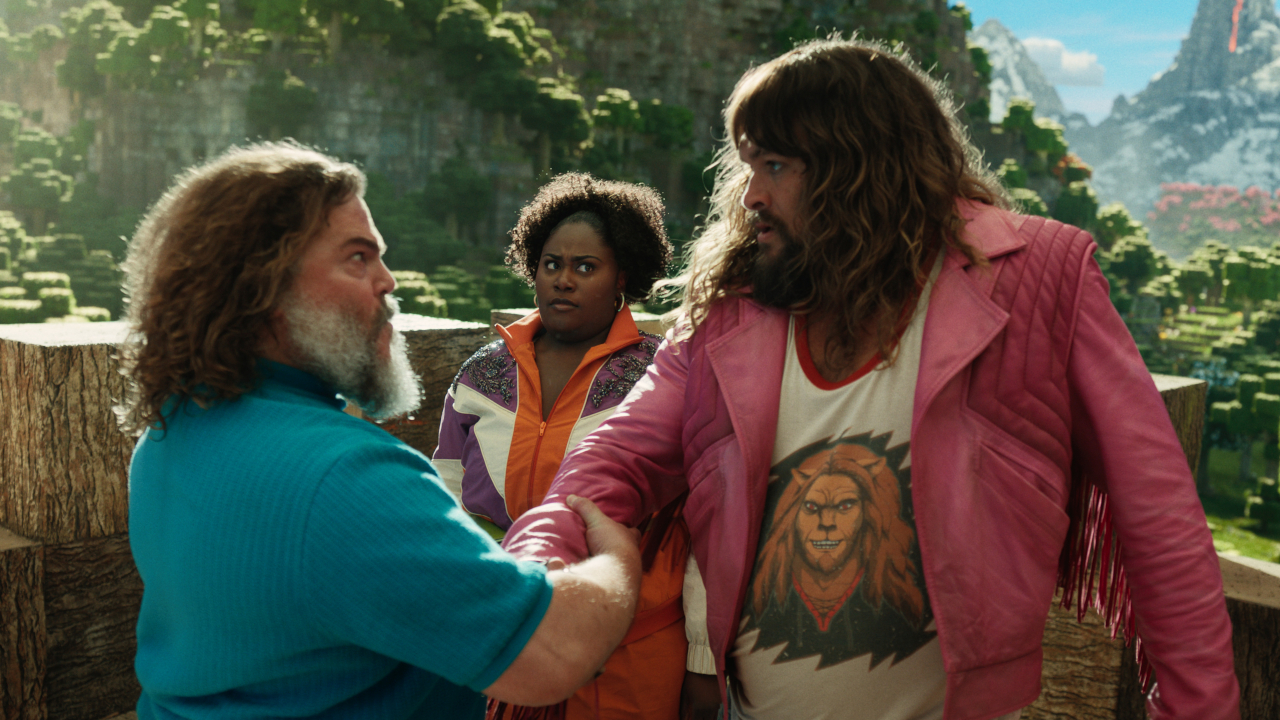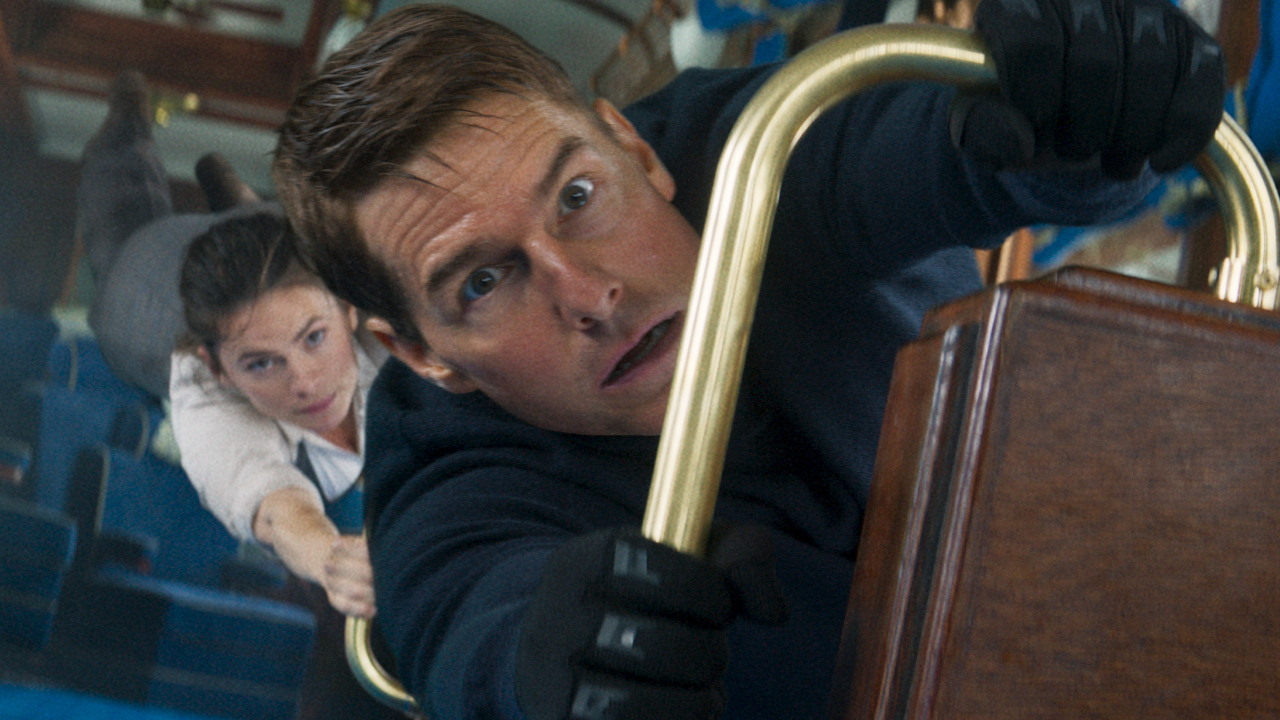5 Reasons Why I Think The Butterfly Effect Is An Underappreciated Gem From The Early 2000s
Because you can't change who people are without destroying who they were.
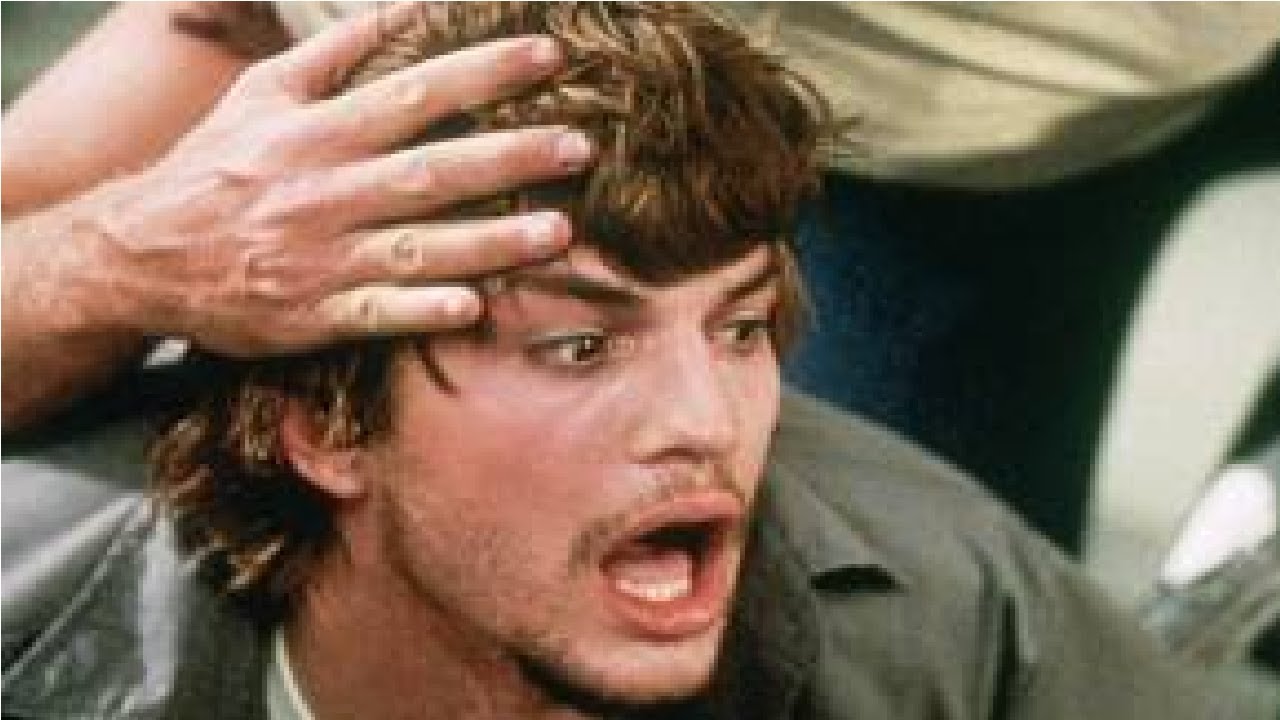
Thinking back to the early 2000s, a few movies instantly leap to my mind.
Some of Christopher Nolan’s best films came out in the early 2000s, like Memento, Batman Begins, and The Prestige. My favorite David Lynch movie, the deliciously creepy, Mulholland Drive, came out in 2001, and hell, when we ranked the best movies of the 2000s, we put 2002’s City of God at number 1.
But, do you want to know what 2000s film didn’t make the cut? 2004’s The Butterfly Effect, starring Ashton Kutcher, which I’ve always been a huge fan of. Now, I know a lot of people don’t even consider this movie when they think about the 2000s, but it left a huge impression on me. Here’s why.
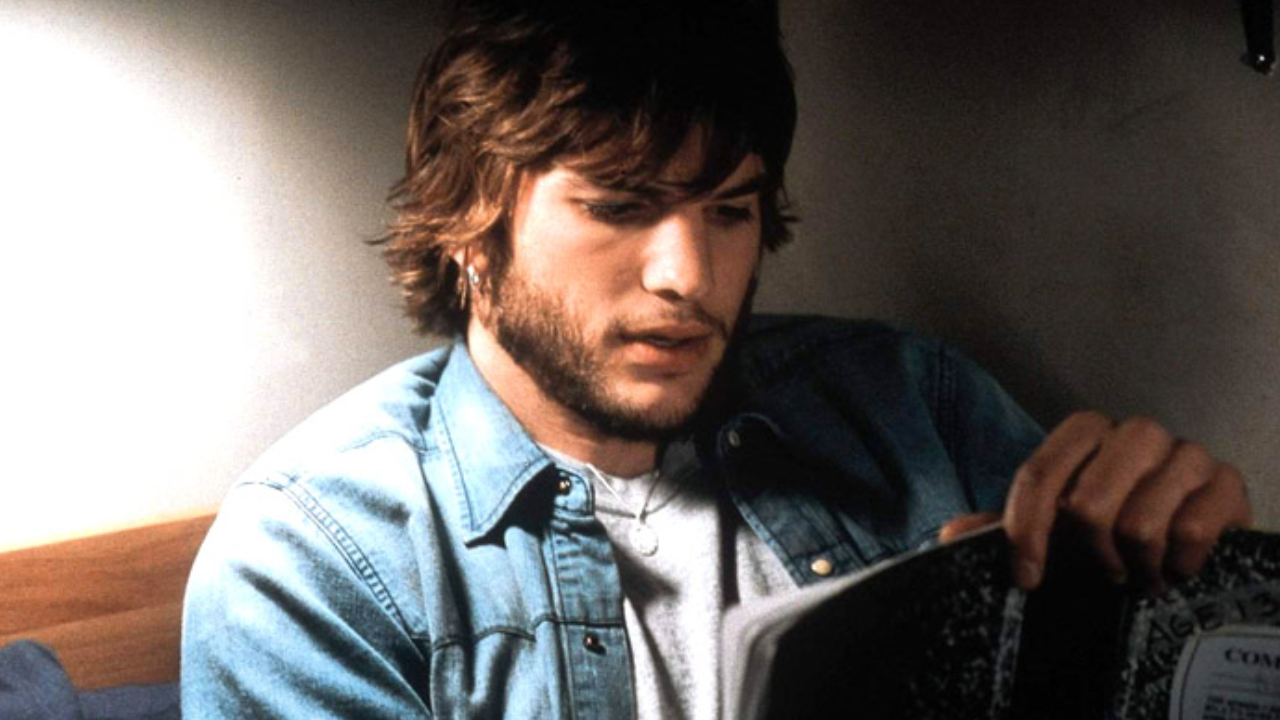
It Has One Of The Most Interesting Usages Of Time Travel In Any Movie That I’ve Ever Seen
In our list of great movies about time travel, we included The Butterfly Effect, and I’m happy about that, since it utilizes time travel in a way that I haven’t seen in any other film. In the movie, Ashton Kutcher’s character, Evan, can go back in time whenever he reads his old journals.
But, since this movie is all about the concept of the butterfly effect, he probably shouldn’t try to change anything that happened to him, no matter how traumatic it might have been.
And, it is indeed traumatic. I’ll talk more about that later, but Evan has the “great” idea to try and fix things that happened to him in the past, only to return to the present to some disastrous results. One of my favorite things about this movie is the whole concept of cause-and-effect.
One scene in particular that still gives me the creeps is when Evan gets in the way of an explosion that happened in his childhood, only to return to the present where he’s now a double amputee, and he’s shocked by this.
CINEMABLEND NEWSLETTER
Your Daily Blend of Entertainment News
Because that’s what makes this movie so enjoyable – the consequences. In other time travel movies, like The Terminator, time travel is used primarily as a plot device. It sets the actions in motion. But, in The Butterfly Effect, time travel raises the question about whether it’s even ethical to time travel, as changing one thing in your life could impact so many other people’s lives (which again, is the whole concept of the butterfly effect).
Either way, I applaud this early 2000s film for taking a concept such as time travel, and showing how mundane it can be (simply reading through old journals), and yet, how deadly it can also be.
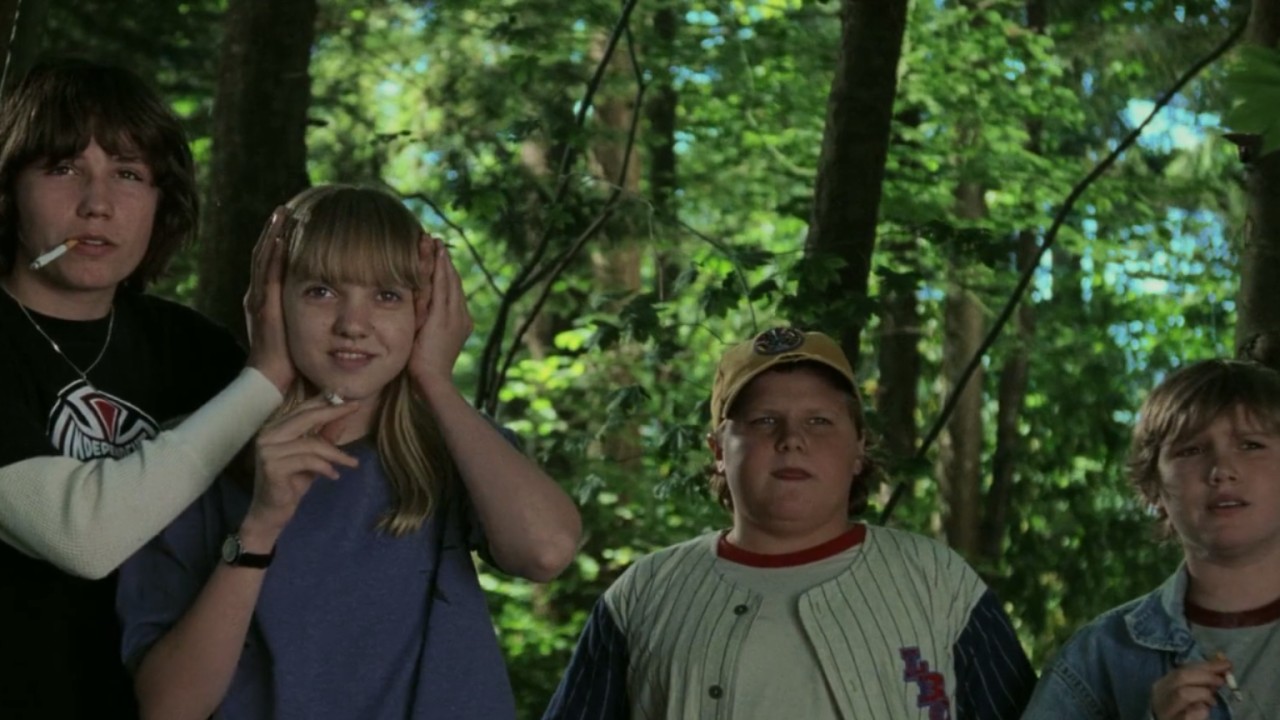
The Mood And Tone Is Like No Other Film
The Butterfly Effect is often listed as a science fiction thriller, but I honestly don’t see it as science fiction at all.
Sure, it does involve time travel, and time travel is often associated with sci-fi, but I honestly see this more as a horror movie than anything else. And, it’s because of the mood, and the tone. It’s unlike anything else I’ve ever seen in any other movie.
And, that’s because it makes me feel really uncomfortable. There are, of course, other movies that make me feel itchy underneath my skin, like Martin Scorsese’s, The King of Comedy, and one of my favorite films, Uncut Gems, which gives me severe anxiety.
But, no other film truly makes me squirm like The Butterfly Effect. There’s an early scene where Evan is forced into a compromising position at a young age that really makes me feel dirty inside. There’s another scene where a dog is burned alive that just makes me want to turn my head.
All of it is played very straight-faced, and somber, and it’s a tone that’s sustained all the way through. There literally is no single scene in the movie that is meant to make you smile, and I applaud a film with a premise like this for taking itself so damn seriously.
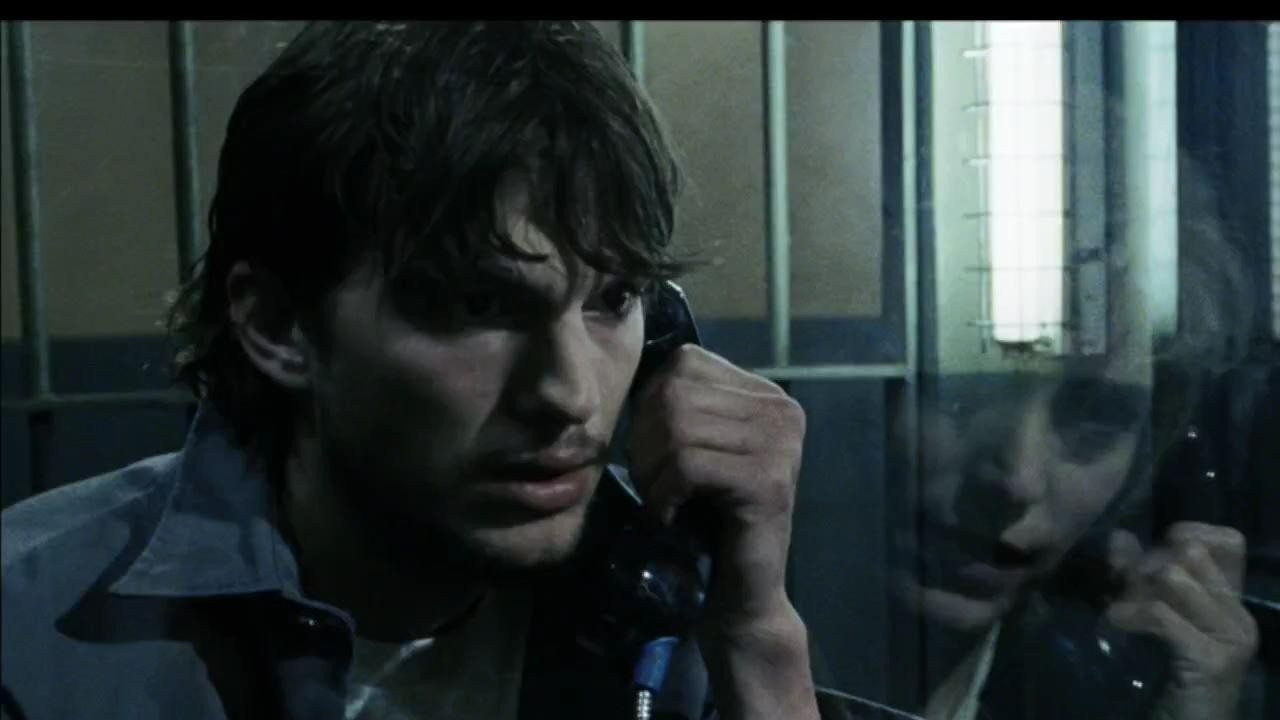
Ashton Kutcher Probably Has The Best Performance In His Entire Career
Ashton Kutcher hasn’t been seen in the best light as of late. Whether it was his letter in support of Danny Masterson, or his comments on AI, Ashton Kutcher has mostly been more in the news for things that he’s done rather than roles he’s done.
However, there was a time when Kutcher was quite prominent in television and film. Of course most people associate him with his character of Kelso on That ‘70s Show, but he also had major roles in Dude, Where’s My Car?, No Strings Attached, and even as Steve Jobs in the 2013 biopic.
That said, while I’ve always thought Kutcher was a pretty competent actor for the roles he was given, The Butterfly Effect is something else entirely. Kutcher plays a haunted man who has dealt with some truly traumatic events in his life, and you can see that pain written all over his face.
This is a performance where you can tell that the character hasn’t been happy a single day in his entire life (and any smile he puts on is a falsehood), and one where you genuinely feel bad for him.
The Butterfly Effect is actually the movie that made me believe that Ashton Kutcher could truly act, and it’s a shame that I haven’t seen a movie of his since where he was this good.
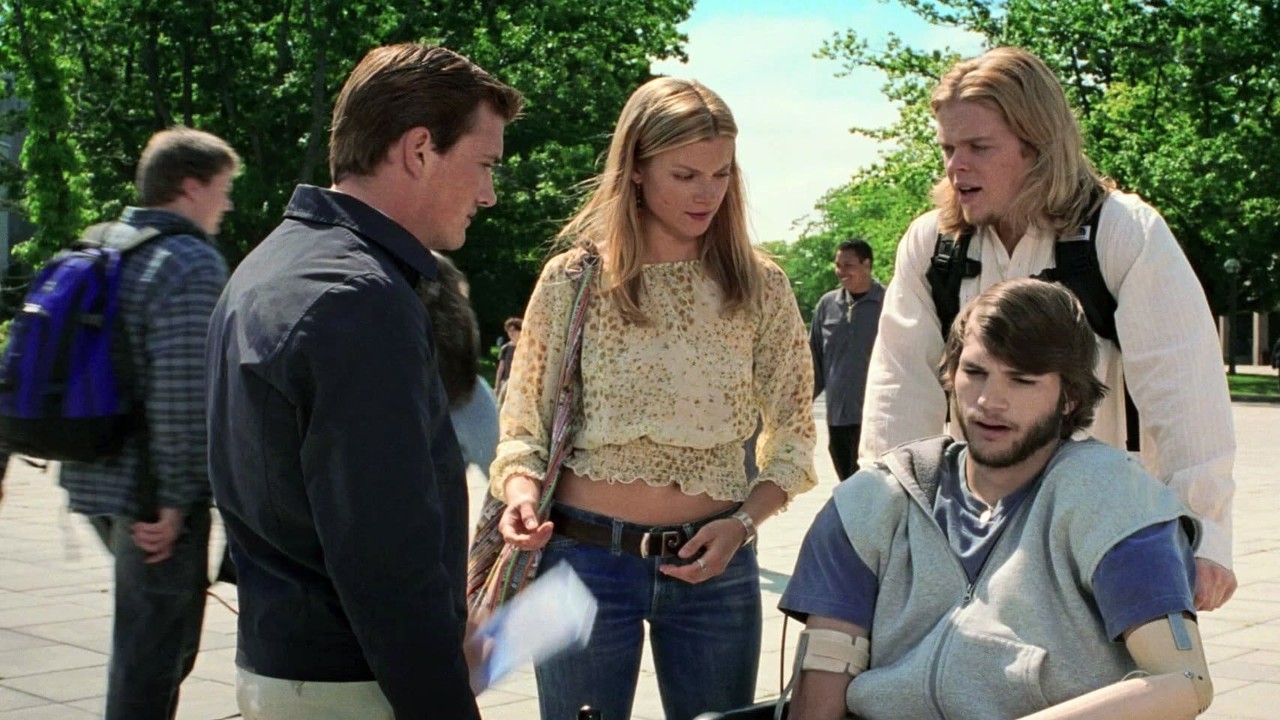
Its Many Twists And Turns Are Still Surprising, Even Today
You would think that The Butterfly Effect is the kind of movie where the twists and turns would be diminished the second or third time that you watch it, but they truly go on such disturbing paths (many of which you wouldn’t see coming) that they still work.
For example, when Evan’s friend commits suicide, he goes back in time and gets her father to stop touching her, and when he returns to the present, she’s alive and happy. But, her brother, Tommy, is the one who takes the abuse from his father instead, and he ends up being even more dangerous than he already was.
And, even though I know this is coming, the way it’s presented still makes me think about just how it happens, which impresses me every single time. In fact, there are more than a few twists that I still don’t quite understand the direction of, but that only adds to the twistiness of the plot, which zags when I think it’s going to zig. In every way, the twists in this movie stay effective, even after multiple viewings.
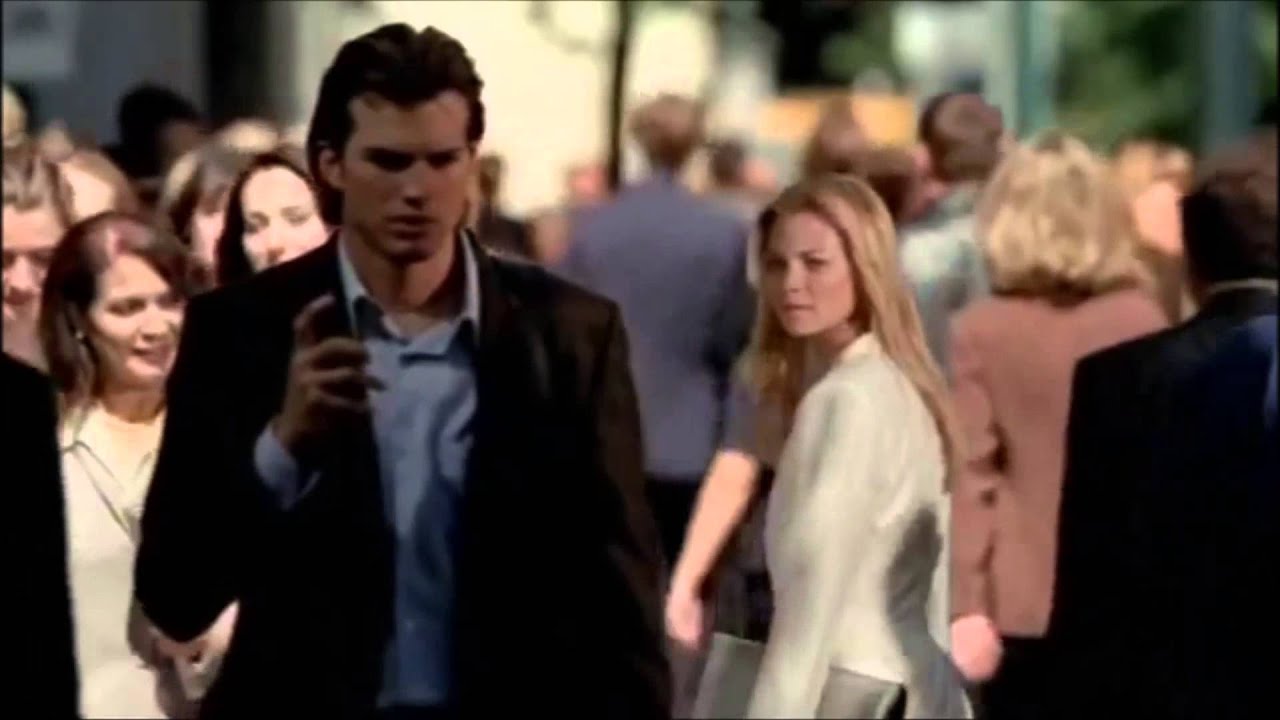
It's One Of The Few Films Where The Alternate Ending Is Even Better Than The Theatrical Cut
Did you ever see the original ending to Little Shop of Horrors? In it, Audrey II basically turns into kaiju proportions, and takes over the world. It’s an ending that I feel is substantially better than the ending we eventually got, but honestly, I really can’t think of any other alternate ending that truly changes the course of the movie in such a massive way.
Except for The Butterfly Effect’s, which is so cruel, and so bitter, that I’m actually surprised the theatrical ending was changed to something so safe. In the theatrical version, Evan prevents his friend, Kayleigh from having a miserable future, and he burns all of his journals so that he can no longer travel back in time and affect the present.
But, in the director’s cut, Evan actually travels back to his body in the womb, and strangles himself with his own umbilical cord so that he’s never actually born. It’s such a cynical, dark conclusion, that I think it’s more consistent with the dire tone of the rest of the film. It’s one of the few alternate endings that I really wish was kept in the final product.
But, what do you think? Are you also a fan of The Butterfly Effect?

Rich is a Jersey boy, through and through. He graduated from Rutgers University (Go, R.U.!), and thinks the Garden State is the best state in the country. That said, he’ll take Chicago Deep Dish pizza over a New York slice any day of the week. Don’t hate. When he’s not watching his two kids, he’s usually working on a novel, watching vintage movies, or reading some obscure book.
